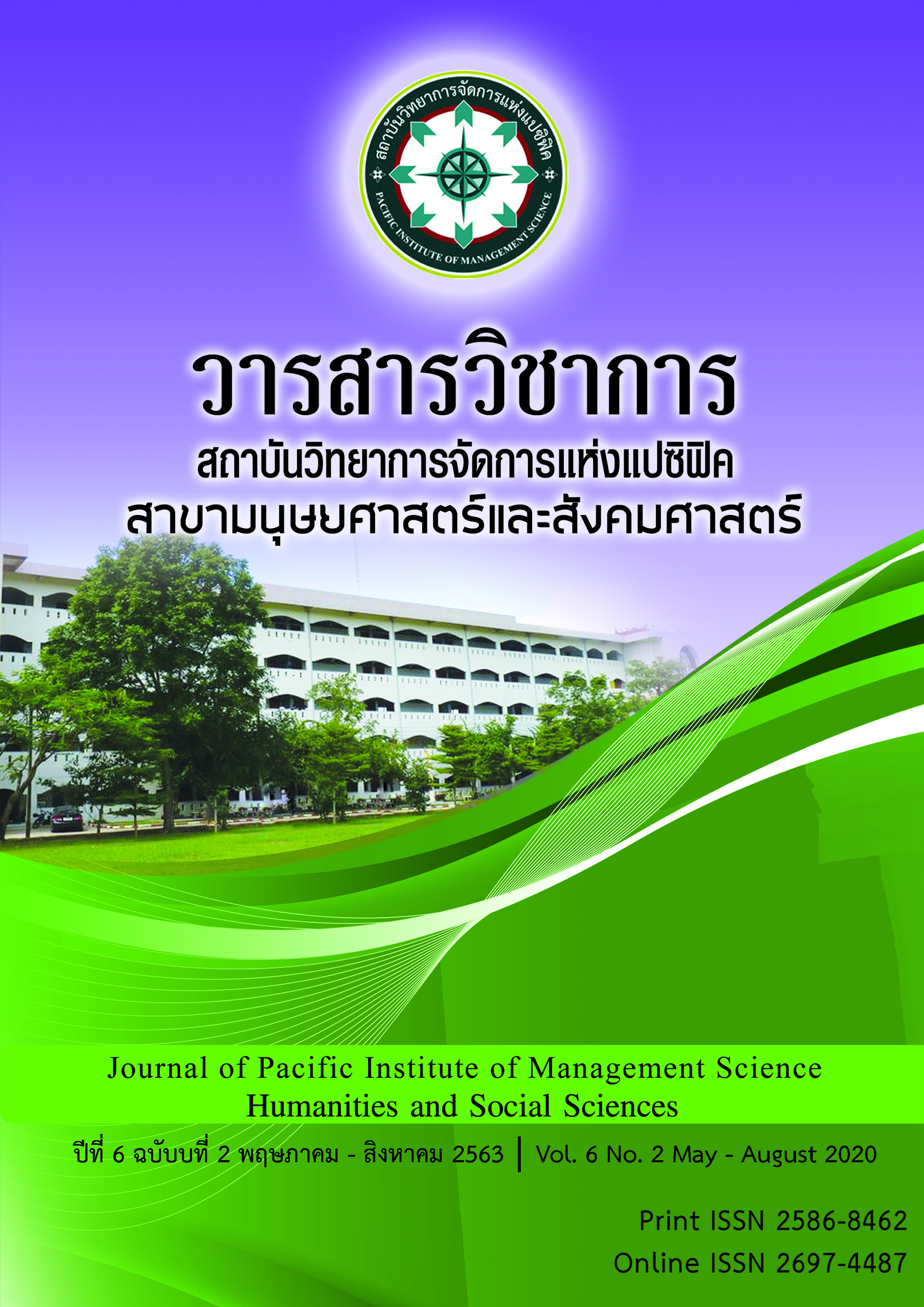Knowledge and behavior of secondary school students Against the prevention of Coronavirus 2019 (COVID-19)
Keywords:
Knowledge prevention of Coronavirus 2019 (covid-19), Behaviors Prevention of COVID-19 (covid-19)Abstract
The epidemic of coronavirus 2019 (covid-19) is causing people around the world to be very worried about their health. There are various sources of education to protect oneself, family, and community, especially educational institutions to provide more knowledge to prevent transmission of disease. The teachers play a very important role in this regard. Providing accurate information on the COVID-19 especially for high school students that are getting into adulthood as they will learn to accept the changes and know how to take care of themselves. For this, it's important to plan the education properly in order to a reduce students' fears and anxiety that helps to encourage students to have the ability to cope with the effects of this situation that may occur in the life of the students. Teaching how to maintain social distancing especially practicing good hygiene habits, such as coughing or sneezing with mouths covered, washing your hands with soap or hand sanitizer, and wearing a surgical mask to prevent the spread and transmission of disease. All subjects taught should provide knowledge that is related to disease prevention, for example science subject may contain the content about various viruses, transmission of diseases and the importance of vaccination. Social studies subject may highlight the story of the pandemic in history and the evolution of public health and safety policies in order to help students acquire knowledge and behavior in disease prevention.
References
กรมควบคุมโรค. (2563). โรคติดเชื้อไวรัสโคโรนา 2019 (COVID-19). สืบค้นเมื่อ 24 พฤษภาคม 2563. จาก https://ddc.moph.go.th/viralpneumonia/int_academy.php
กรมควบคุมโรค. (2563). โรคติดเชื้อไวรัสโคโรนา 2019 (COVID-19). สืบค้นเมื่อ 15 พฤษภาคม 2563. จาก
https://ddc.moph.go.th/viralpneumonia/index.php.
กองสุขศึกษา กรมสนับสนุนบริการสุขภาพ กระทรวงสาธารณสุข. (2556). แนวทางการดำเนินงานปรับเปลี่ยนพฤติกรรมสุขภาพ. กรุงเทพฯ : กรมสนับสนุนบริการสุขภาพ.
ชื่นจิตต์ ก๋อยสุวรรณ. (2549). ปัจจัยที่มีผลต่อพฤติกรรมส่งเสริมสุขภาพของนักเรียนโรงเรียนสตรีวัดระฆัง กรุงเทพมหานคร. บัณฑิตวิทยาลัย มหาวิทยาลัยศรีนครินทรวิโรฒ.
มิ่งขวัญ ศิริโชติ. (2561). การพัฒนารูปแบบการส่งเสริมสุขภาพสำหรับนักเรียนชั้นมัธยมศึกษาตอนปลาย สังกัดสำนักงานเขตพื้นที่การศึกษามัธยมศึกษา เขต 2 กรุงเทพมหานคร. วิทยานิพนธ์ปริญญาดุษฎีบัณฑิตสาขาสาธารณสุขศาสตร์ มหาวิทยาลัยเกริก.
ยูนิเซฟ. (2563). covid-19. สืบค้นเมื่อ 24 กรกฎาคม 2563. จาก https://www.unicef.org/thailand/th/coronavirus/how-teachers-can-talk-children-about-coronavirus-disease-covid-19
สุรเดช สำราญจิตต์. (2558). พฤติกรรมสุขภาพทางสาธารณสุข. กรุงเทพฯ : ศูนย์หนังสือมหาวิทยาลัยรามคำแหง.
เอมอัชฌา วัฒนบุรานนท์. (2548 ). การจัดการเรียนรู้เพื่อพัฒนางานสุขภาพในโรงเรียน. กรุงเทพฯ : ศูนย์ตำราและเอกสารวิชาการ
คณะครุศาสตร์ จุฬาลงกรณ์มหาวิทยาลัย. (2559 ). การวิจัยพัฒนาโมเดลเลิฟเพื่อสร้างเสริมความเป็นมนุษย์ที่สมบูรณ์ : ชุดโครงการวิจัยสำหรับนิสิตระดับอุดมศึกษา. กรุงเทพฯ : ศูนย์หนังสือจุฬาลงกรณ์มหาวิทยาลัย.
Nutbeam, D. (2000). Health Literacy as public health goal : a challenge for contemporary health education and communication strategies into health 21st century. Health Promotion International. 15(8) printed in Great Britain.
Pender, N.J.. (1996). Health Promotion in Nursing Practice. Connecticut : Appleton & Lange.
Rootman, I. (2002). Health Literacy and Health Promotion. Ontario Health Promotion E- Bulletin.
http://www.ohpe.ca/index2.php?option=com_content&do_pdf=1&id=175 [June 17 2010]
Downloads
Published
Issue
Section
License
บทความที่ได้รับการตีพิมพ์เป็นลิขสิทธิ์ของ สถาบันวิทยาการจัดการแห่งแปซิฟิค
ข้อความที่ปรากฏในบทความแต่ละเรื่องในวารสารวิชาการเล่มนี้เป็นความคิดเห็นส่วนตัวของผู้เขียนแต่ละท่านไม่เกี่ยวข้องกับสถาบันวิทยาการจัดการแห่งแปซิฟิค และคณาจารย์ท่านอื่นๆในสถาบันฯ แต่อย่างใด ความรับผิดชอบองค์ประกอบทั้งหมดของบทความแต่ละเรื่องเป็นของผู้เขียนแต่ละท่าน หากมีความผิดพลาดใดๆ ผู้เขียนแต่ละท่านจะรับผิดชอบบทความของตนเองแต่ผู้เดียว







